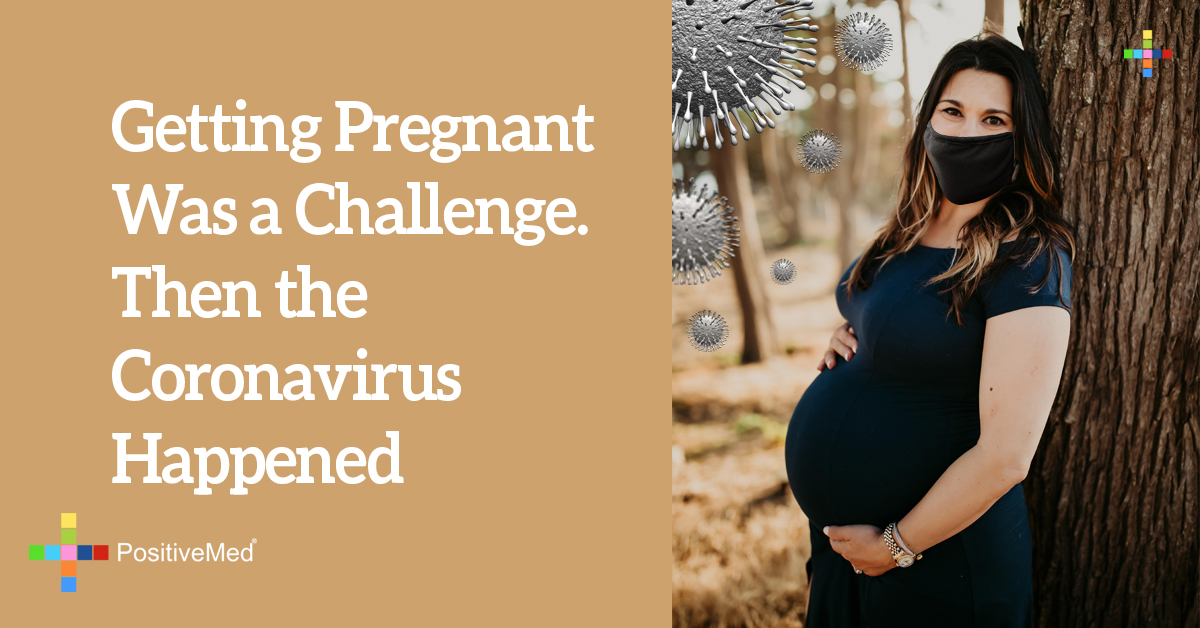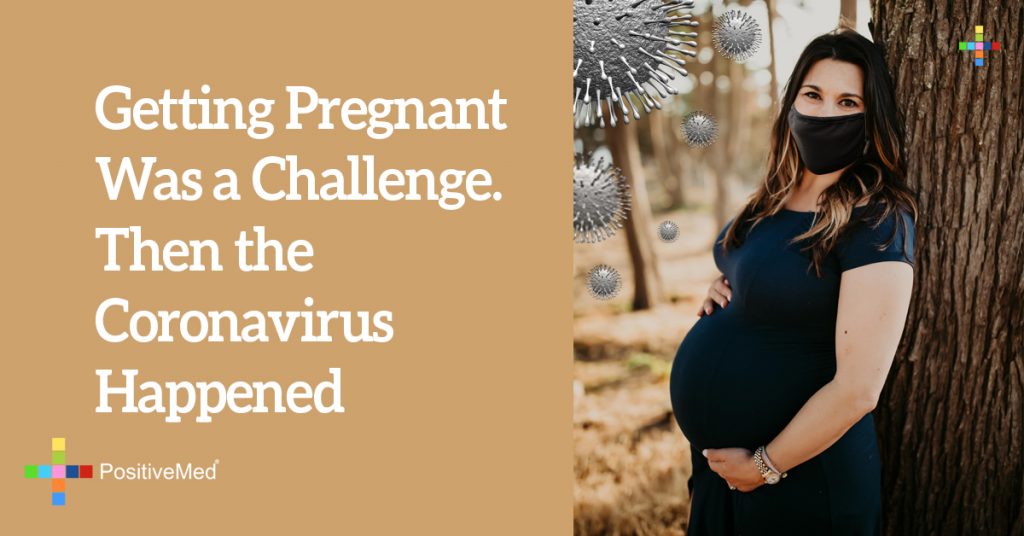Getting pregnant was a challenge and then the coronavirus happened. We knew that the new coronavirus’ outbreak would cancel or postpone some of our plans, but only going into details shows us the real size of a problem. Recently, two issues have arisen among women – fertility procedures and abortions. It’s a battle; pregnancy vs. coronavirus. They are either postponed, halted for an indefinite period or completely canceled. How to deal with the pandemic adaptations within this part of healthcare?

Fertility treatments and pregnancy
The COVID-19 continues to spread across the globe at the speed of lightning. As the coronavirus pandemic in the U.S. worsened, on March 17, 2020, the American Society for Reproductive Medicine advised its more than 8,000 members, to avoid starting new treatment cycles and egg freezing, consider canceling embryo transfers and suspend all non-emergency surgeries. Some fertility centers had already stopped treating new patients, due to the urgent need to protect the well-being of its current patients.
Doctors believe that non-urgent fertility surgeries should be suspended to conserve the dwindling supply of medical equipment and personnel who might be called on to fight the coronavirus. However, many fertility physicians and their patients are against this decision and feel that it’s a women’s rights violation. Whereas some procedures can be postponed, i.e. you can continue trying to get pregnant later, what if you are already expecting a baby and COVID-19 happens to you? Let’s look closer at this issue.
How does the new coronavirus affect pregnancy?
By this moment, experts don’t know what effects the coronavirus will have on fetuses born from infected women, especially in the early stages of development. Dr. Antonio R. Gargiulo, M.D., a reproductive endocrinology and infertility specialist at the Center for Infertility and Reproductive Surgery at Brigham and Women’s Hospital, says “We know nothing as to how this may affect the early development of the fetus, the risk of miscarriage, the risk of malformation, the risk of the long-term viability of the baby.” On 27th March this year, quite narrow studies of women in the late stages of pregnancy, indicate that infants can get COVID-19, and expectant moms can pass it on in utero. The good news is that there is no evidence that pregnant women are at a higher risk of developing the disease. Pregnant women don’t seem particularly susceptible to the illness, and most infants with the condition tend to do well.
Going through pregnancy in times of pandemic
COVID-19 will add a whole new level to pregnancy anxiety. Antenatal classes canceled, doctor’s offices closing and restrictions on non-patients, such as fathers (husband isn’t permitted to hold your hand, and watch your baby squirm around on the screen), it all creates a pretty unpleasant rather than a joyful experience. This pandemic can rearrange a pregnancy into a constellation of uncertainty.
Not to mention giving birth itself! Being in the throes of labor, surrounded by masked strangers, not recognizing a single face around – it all sounds rather harsh. Experts underline that most news so far is encouraging for pregnant women and their children, and hospitals are taking measures to protect women and their infants. We shouldn’t forget that pregnant women shouldn’t forget to practice social distancing, diligent hygiene, and seek social and professional support.
Hospital restrictions
Although the population of the U.S. is facing the problem just now, among pregnant women, the threat of the new coronavirus has been a topic for months. As the threat of contagion, and its broader ramifications, grew, mild annoyances gave way to real fear. Some of the obstetrician’s offices had transitioned all routine appointments to virtual telemedicine checkups.
The peace of mind that can come from hearing your baby’s heartbeat on a fetal doppler has been taken away from future parents. Other pregnant patients had their anatomy scans delayed, forced to wait an indefinite length of time to find out whether their babies were progressing healthily. The birthing and breastfeeding classes at hospitals are canceled. Women give birth without birthing partners or other support people. For someone who has never given birth, or breastfed, or cared for a newborn before – these are critical resources. Navigating pregnancy through times of pandemic is not the easiest one, but we will handle it!






